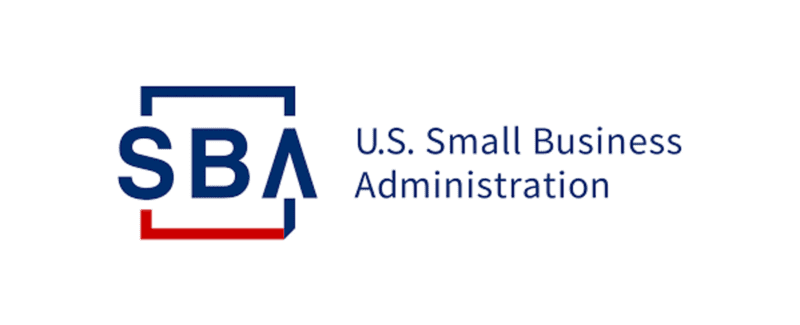Making AI Work For Your Business
Artificial Intelligence (AI) can be a powerful tool for businesses in every industry. Often, the key is helping to identify those areas of the business that can benefit most from automation and AI.
Many AI tools today are designed to be intuitive and integrate smoothly into the systems you already use, such as accounting software, customer relationship management (CRM), or marketing platforms. That means you don’t need to be a tech expert to secure benefits from AI.

Customizing AI For Your Business
The key to getting started with AI is starting small and focusing on areas where AI can save time or improve decision-making—like automating routine tasks, analyzing customer trends, or enhancing customer service.
The key is to focus on how to incorporate AI into your business in a way that offers value to the organization, its employees, and its customers.
Start With People, Not Technology
Bring Employees into the Discussion Early
Introducing AI into your business is a critical first step—but it also demands thoughtful leadership. It’s important not to frame AI solely as a cost-cutting tool, which can create fear or uncertainty among employees who may worry about being replaced.
Instead, lead the conversation with curiosity and collaboration. Invite your team to share their insights: Which tasks are repetitive or time-consuming? What parts of their work feel the most frustrating or unproductive? What would they focus on if those tasks were automated? These questions not only reveal valuable opportunities for AI but also empower your team to be part of the solution.
Take time to connect the use of AI to broader organizational goals. Emphasize that when implemented thoughtfully, AI can create more space for creativity, strategic thinking, and professional growth. By positioning AI as a tool for enabling—not replacing—people, you foster a culture of innovation and shared opportunity.
Use Tools You Already Know
Many Software Tools Already Include AI Components
Begin your AI journey by leveraging the tools you already trust and use daily. Many widely adopted platforms—like QuickBooks, Shopify, Microsoft 365, and Mailchimp—now include built-in AI features designed to simplify tasks such as forecasting, customer engagement, and content creation.
This means you don’t need to invest in new software right away. Instead, explore how these familiar tools can help automate repetitive work, uncover insights, and improve efficiency. This approach also minimizes disruption and allows you to build confidence gradually.
By starting small and focusing on real business needs, you can integrate AI in a way that feels manageable and aligned with your current operations. As you gain experience, you’ll be better positioned to evaluate new tools and expand your use of AI strategically.
Learn Through Trusted Local Resources
AI Is A Hot Topic, Get Started With Free Resources
It isn’t necessary to invest thousands of dollars exploring AI resources, hiring new people, or investing in expensive conferences and training programs. Much of what you need to get started can be found by talking to your own vendors, fellow business owners, looking at YouTube resources, or by tapping into local organizations like:
- Small Business Development Centers (SBDCs)
- Chambers of Commerce
- State programs like NY’s Entrepreneurship Assistance Centers
You can often find what you need to get started for free or at a minimal cost. This is where your professional network can be exceedingly helpful.
Real-World Successes
The following case studies provide examples of ways AI has had a positive impact on a range of businesses:
- Manufacturing — Article from the National Institute of Standards and Technology, “Artificial Intelligence in Manufacturing: Real World Success Stories and Lessons Learned.”
- Food and Beverage — Article from the U.S. Chamber of Commerce, “Enhancing Entrepreneurship: AI’s Big Impact on Small Business.”
- Professional Services, Construction, and Finance — iPositively article, “Case Studies: Real World Examples of Small Businesses Thriving with AI.”
AI is becoming more accessible for businesses of all sizes. With proper training, AI can level the playing field, helping small businesses innovate, adapt, and thrive in a competitive market.



